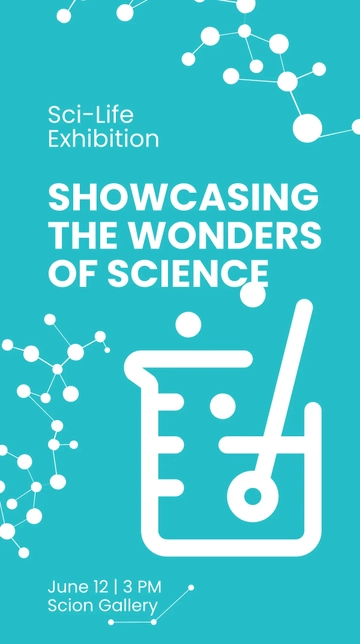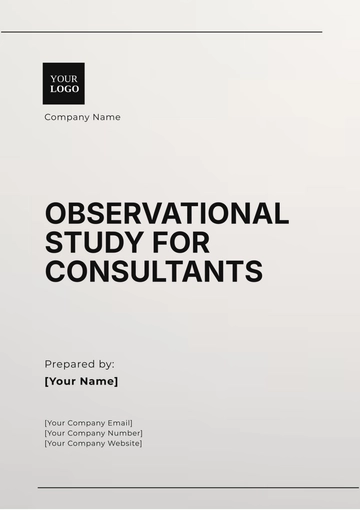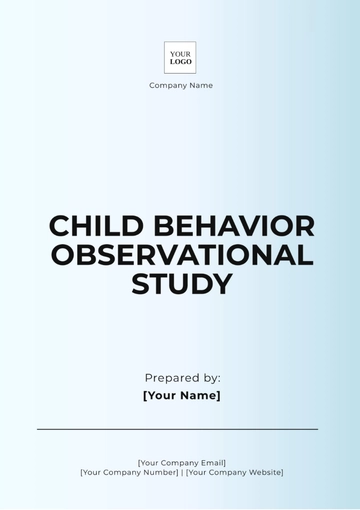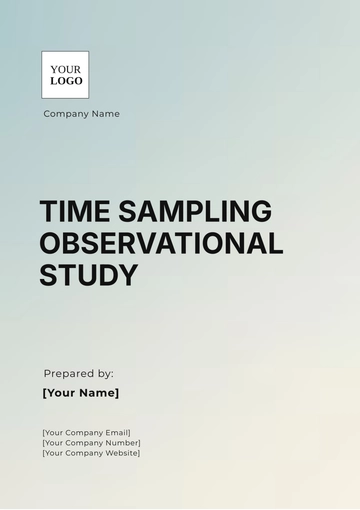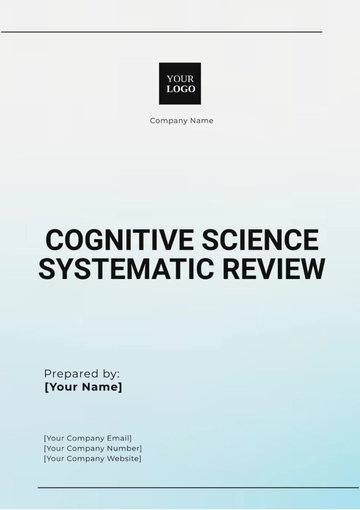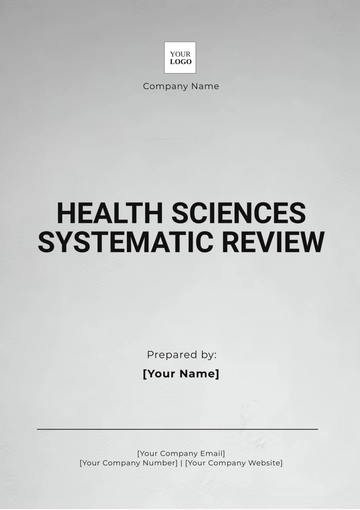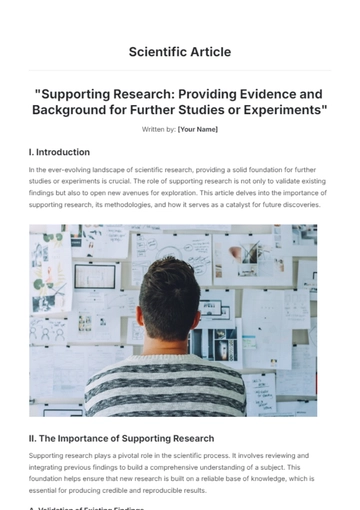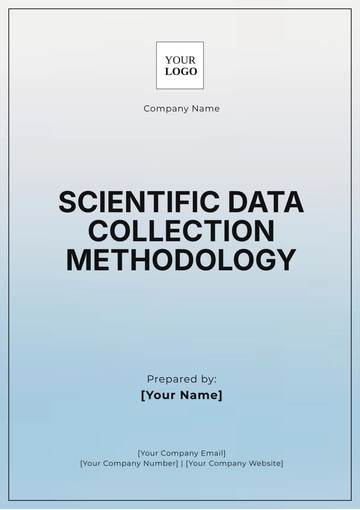Free Critical Review Journal Article

Prepared By: [Your Name]
Introduction
Artificial Intelligence (AI) has rapidly infiltrated various sectors, including healthcare, where it holds immense potential for transforming clinical practice, medical research, and patient outcomes. AI-driven systems have been increasingly used in diagnostic imaging, drug discovery, personalized medicine, and administrative workflows, promising improved efficiency and precision in healthcare delivery. However, with its burgeoning applications come significant challenges related to ethics, transparency, accuracy, and implementation. This critical review examines contemporary approaches to AI in healthcare, providing an in-depth analysis of their benefits, limitations, and future directions.
AI in Diagnostic Imaging: Revolutionizing Radiology
Current Applications
Diagnostic imaging is one of the most advanced areas of AI in healthcare. AI systems, particularly those based on machine learning and deep learning algorithms, have demonstrated a high degree of accuracy in interpreting medical images, such as X-rays, MRIs, and CT scans. These systems are capable of detecting minute abnormalities that may be missed by human radiologists, enabling early detection of conditions like cancer, cardiovascular diseases, and neurological disorders.
For instance, deep learning models trained on large datasets of annotated images have shown promise in detecting breast cancer in mammograms at a level comparable to experienced radiologists. In addition, AI-powered tools can reduce the workload for radiologists by automating routine tasks, such as identifying normal scans, thus allowing clinicians to focus on more complex cases.
Limitations and Challenges
While the advantages of AI in diagnostic imaging are clear, there are significant challenges. One major concern is the potential for bias in AI models. Most AI systems are trained on specific datasets, often from particular regions or populations, which may not be representative of the broader, global population. This can lead to inaccurate diagnoses for underrepresented groups, exacerbating existing healthcare disparities.
Another issue is the "black box" nature of many AI systems, particularly deep learning models. These systems can provide accurate predictions, but often without an explanation of how they arrived at their conclusions. This lack of transparency raises concerns about trust and accountability in clinical decision-making. Moreover, the integration of AI into clinical workflows poses practical challenges, such as the need for healthcare professionals to gain proficiency in new technologies and for institutions to invest in the necessary infrastructure.
AI in Drug Discovery: Accelerating the Process
Innovations and Benefits
AI's impact on drug discovery is one of the most promising developments in healthcare. Traditionally, drug discovery is a time-consuming and expensive process, often taking over a decade and costing billions of dollars. AI has the potential to drastically reduce both the time and cost involved in developing new medications by streamlining various stages of the process, from target identification to clinical trials.
Machine learning algorithms can sift through vast datasets of chemical compounds, biological interactions, and clinical data to identify promising drug candidates much faster than human researchers. Additionally, AI systems can predict how new drugs will interact with the human body and identify potential side effects, thereby improving the safety and efficacy of new treatments.
For example, during the COVID-19 pandemic, AI played a significant role in accelerating the development of vaccines and treatments by analyzing the virus's structure and suggesting potential targets for drug intervention. AI models were also employed to repurpose existing drugs, such as identifying Remdesivir as a potential treatment for COVID-19.
Ethical and Practical Concerns
Despite the potential benefits, the use of AI in drug discovery raises several ethical and practical issues. One concern is the reliance on proprietary algorithms, which may limit transparency and collaboration between different research institutions. This could hinder the development of new drugs, particularly in cases where open sharing of information is critical.
There are also concerns about data privacy and security. AI models require access to large amounts of data, including patient records and genomic information, to generate accurate predictions. Ensuring the confidentiality and security of this data is crucial, particularly given the increasing prevalence of cyberattacks targeting healthcare institutions.
Furthermore, the adoption of AI in drug discovery is limited by regulatory hurdles. Regulatory agencies such as the FDA must adapt to evaluate AI-generated drug candidates and ensure they meet safety and efficacy standards. The lack of clear guidelines on how AI-derived drugs should be assessed creates uncertainty for pharmaceutical companies and could slow the adoption of these technologies.
AI in Personalized Medicine: Tailoring Treatments to Individual Patients
Advancements in Personalized Medicine
AI has the potential to revolutionize personalized medicine by enabling healthcare providers to tailor treatments based on an individual’s genetic makeup, lifestyle, and environment. Machine learning algorithms can analyze vast amounts of patient data, including genomic information, medical history, and real-time health data from wearable devices, to predict how a patient will respond to specific treatments.
For example, AI is being used to develop precision oncology treatments that target the genetic mutations driving a patient’s cancer. By analyzing a patient’s tumor genetics, AI can identify the most effective therapies with fewer side effects compared to traditional one-size-fits-all approaches. AI-driven personalized medicine also holds promise for managing chronic conditions, such as diabetes and cardiovascular diseases, by predicting which interventions are most likely to succeed based on a patient’s unique health profile.
Barriers to Implementation
While the potential of AI in personalized medicine is immense, there are significant barriers to its widespread adoption. One major challenge is the need for comprehensive and high-quality patient data. Many healthcare systems lack the infrastructure to collect, store, and analyze the vast amounts of data required for AI-driven personalized medicine. Additionally, patients may be hesitant to share their personal health information due to privacy concerns, limiting the availability of data for AI models.
Moreover, there are disparities in access to personalized medicine. AI-driven treatments are often expensive and may not be covered by insurance, making them inaccessible to many patients. There is also a risk that AI models trained on data from affluent populations will not perform as well for underrepresented or low-income groups, further widening healthcare disparities.
Ethical Considerations: Balancing Innovation with Responsibility
The ethical implications of AI in healthcare are profound and must be carefully considered. AI systems have the potential to improve healthcare outcomes and reduce costs, but they also raise questions about privacy, bias, accountability, and the doctor-patient relationship.
Privacy and Data Security
AI requires access to large amounts of sensitive patient data, raising concerns about privacy and data security. Ensuring that patient data is anonymized and protected from breaches is critical to maintaining trust in AI-driven healthcare systems. Moreover, there are concerns about the commercialization of patient data, as healthcare institutions may be tempted to sell data to third parties for profit.
Bias and Fairness
AI systems are only as good as the data they are trained on. If the training data is biased, the AI system will likely produce biased results. This is particularly concerning in healthcare, where biased AI models could exacerbate existing health disparities. For instance, an AI system trained on data from predominantly white patients may not perform as well when diagnosing conditions in patients of color. Ensuring that AI models are trained on diverse datasets and regularly audited for bias is essential to promoting fairness in healthcare.
Accountability and Transparency
One of the biggest challenges with AI in healthcare is determining accountability. If an AI system makes an incorrect diagnosis or recommendation, who is responsible—the developer of the AI system, the healthcare provider, or the institution that implemented the technology? Moreover, the "black box" nature of many AI algorithms makes it difficult for healthcare providers to understand how decisions are being made, leading to concerns about transparency and trust.
Conclusion
AI has the potential to revolutionize healthcare by improving diagnostic accuracy, accelerating drug discovery, and enabling personalized medicine. However, these advancements come with significant ethical, practical, and regulatory challenges that must be addressed to ensure the safe and equitable implementation of AI in healthcare. Moving forward, it is essential for stakeholders—including developers, healthcare providers, regulators, and patients—to collaborate in developing transparent, fair, and accountable AI systems that enhance healthcare outcomes for all.
- 100% Customizable, free editor
- Access 1 Million+ Templates, photo’s & graphics
- Download or share as a template
- Click and replace photos, graphics, text, backgrounds
- Resize, crop, AI write & more
- Access advanced editor
Enhance your critical analysis with Template.net’s Critical Review Journal Article Template. This editable and customizable template provides a clear structure for evaluating academic or research papers. Editable in our AI Editor Tool, it’s perfect for scholars aiming for thorough, well-organized critical reviews. Tailor the template to suit your specific study needs, ensuring a structured, in-depth critique for your journal article.
